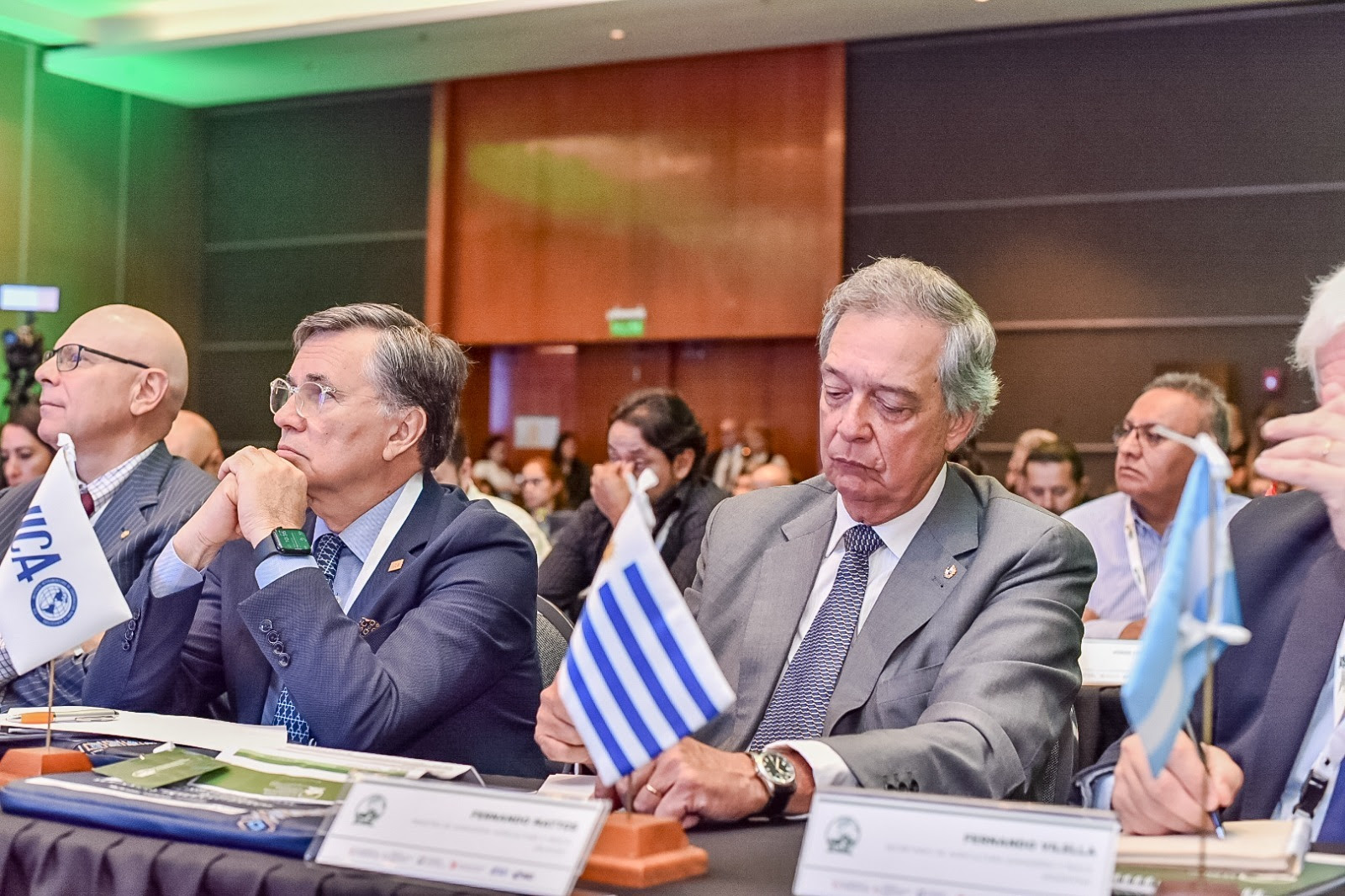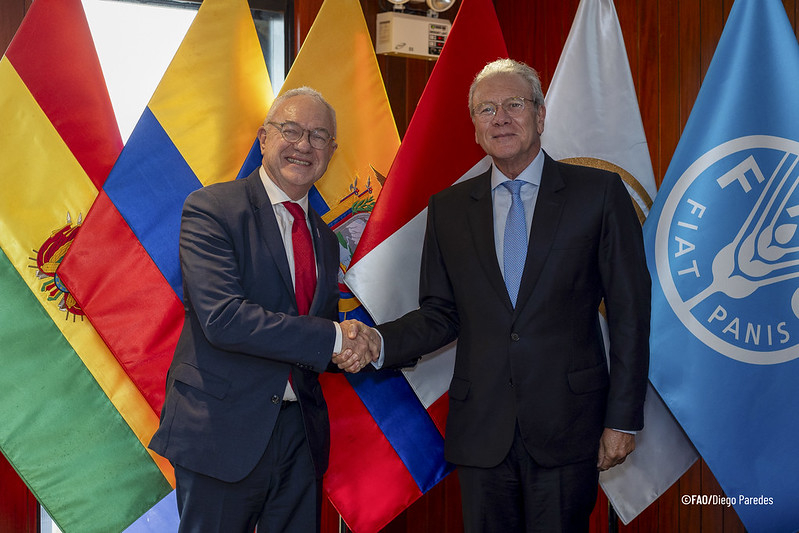This news article is a production distributed through Caribbean News Service. It is made freely available to your media and we encourage publishing and redistribution, giving credit to Caribbean News Service (CNS).
BRIDGETOWN, Barbados, Nov 02 2015, CNS – The President of the Jamaica Agricultural Society (JAS), Senator Norman Grant believes agriculture is the key to economic prosperity and wealth in the Caribbean. And he said it’s time for the region to start working together to achieve this goal.
“We need to stop competing within the region and think about complementing each other within the region and we need to start to change the mindset,” Grant told the Caribbean News Service (CNS) on the sidelines of the Caribbean–Pacific Agri-Food Forum which opened here Monday.
“We are not divided by the Caribbean Sea but we are joined together by the Caribbean Sea and if we start to work as a bloc and complement each other I think the journey to economic prosperity and wealth through agriculture will be reachable.”
Grant lamented the region’s huge food import bill, noting that there is enough land available to produce the food needed to eliminate it.
“Let me tell you why we need to act in unison as a region, we are importing US$ 5 billion worth of food. We need to work together to solve that. We should not be going outside of the region to import so much food while there is land in Guyana, there’s land in Trinidad (and) there’s land in Jamaica.”
Grant, who is also Chairman of the Caribbean Farmers Network (CaFAN), expressed disappoint at the lack of movement by the countries of the region on the Jagdeo Initiative.
A brainchild of the former Guyana president Bharat Jagdeo, the Initiative is a determined approach to fast-track the Regional Agriculture Development Process by identifying a set of pressing and binding constraints and developing a corresponding set of interventions to address them.
They include limited financing and inadequate investment; deficient and uncoordinated Risk Management Measures including praedial larceny; inefficient land, water distribution and management systems; inadequate research and development; outdated and inefficient agricultural health and food safety systems; inadequate transportation system particularly for agricultural products; fragmented and unorganised private sector; lack of skills and quality human resources in agriculture; and market infrastructure including market information and market linkages.
“I am disappointed because in 1992 the Jagdeo Initiative identified these critical constraints which I think was brilliant and pointed out that if we don’t address them forthwith we could be challenged to deal with a number of issues by 2015,” Grant explained.
“I don’t know why it hasn’t worked but I think it was a laudable framework which we should now seek to intensify, review and revise. CARICOM should take stock to say in 1992 these initiatives were placed on the table; it was aimed that by 2015 we would have been food secure as a region. What haven’t we addressed and where are we now? We need to right side the constraints to an extent to get the region to be food secured. Maybe we need to look at it in increments of five years to say if we do five out of the nine this is what it will do but we need to galvanize support around this,” he added.
On the issue of financing, Grant said there is need for an agricultural development financing mechanism to support the region’s farmers.
The Caribbean–Pacific Agri-Food Forum is being implemented over five days. It brings together more than 250 leaders, decision-makers and agri-food actors to engage in collective actions that can contribute to the transformative efforts of agriculture and the rural milieu.




